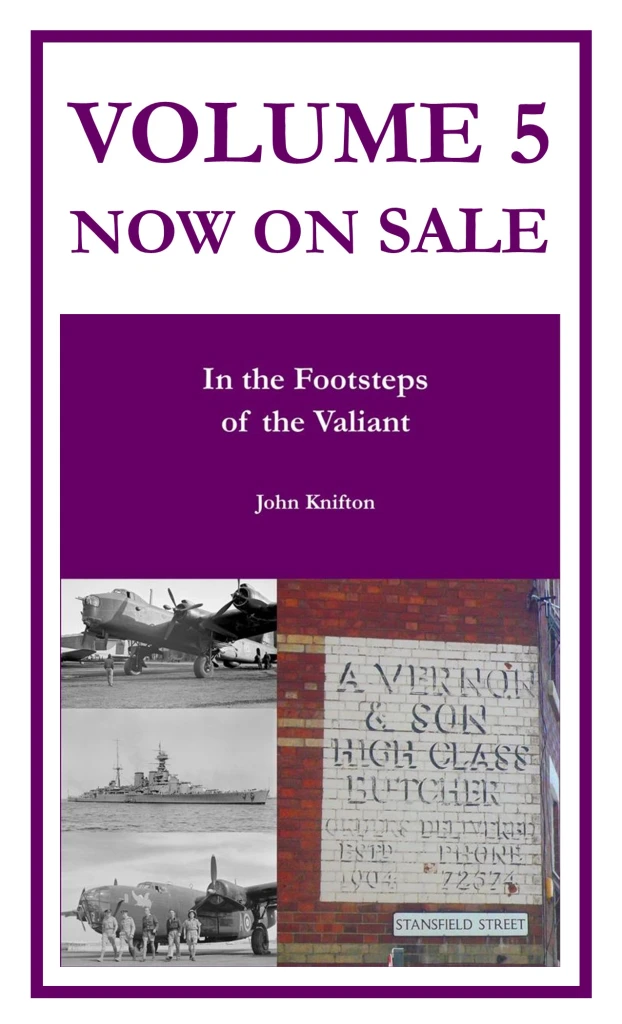This post is a continuation from Episode No 7…..
Mr Noy has wandered into the Land of the Fairies, where he meets Grace Hutchens who was his fiancée for several years. One day she was found dead on the moor. She thinks that she had a fit, and that when she was buried, her coffin contained merely a changeling, sent by the fairies.
A changeling, incidentally, is a child believed to have been secretly substituted by fairies for the parents’ real child in infancy.
While this was going on, the real Grace Hutchens had inadvertently wandered into the Land of the Fairies on the moor. While she was there, she bit into a plum and was therefore forced to remain with the Fairies as a servant girl to tidy up, bake cakes and brew beer, clean their houses and nurse the changeling children. Grace says to her erstwhile fiancé….
“People believed that I was found dead on the moor. It was supposed that I must’ve had a fit, as I was subject to them. What was buried as me, however, was only a changeling, a sham body.”
Mr Noy wanted to know much more about these strange beings, and was about to inquire, when the fairies again called “Grace, Grace, why are you so long. Bring some drink quickly.” She hastily entered the house and at that moment it came into his head that he too would have some drink, disperse the small tribe of fairies and save Grace.
Knowing that any garment turned inside out and cast among the fairies would make them flee, and happening to put his hand into his coat pocket, he felt for the gloves that he had worn in the afternoon.
As quickly as he could, he turned one inside-out, put into it a small stone and threw it among them.
In an instant they all vanished with the house, Grace, and all the furniture. He just had time to glance around and saw nothing but bushes and the roofless walls of an old cottage:
Suddenly, Mr Noy received a blow on his forehead that knocked him down. He soon fell asleep and dozed away an hour or two…… or so he thought.
Those to whom Mr Noy related his story, said that he had learnt nothing new from Grace, for local people had always believed of the fairies such things as she had told him, and that none of the fairies liked to be seen by daylight because they then looked aged and grim. It was said too, that the fairies who take animal form get smaller and smaller with every change, until they are finally lost in the Earth as ants.
Mr Noy, now fully recovered from his adventure, further informed his neighbours that he had noticed, among the fairies, many who bore a sort of family likeness to people he knew, and he had no doubt that some of them were changelings of recent date. Other familiar faces were their forefathers who died in days of yore, when they were not good enough to be admitted into heaven, nor yet so wicked as to be doomed to the “worst of all places”.
The worst of all places was not, in fact, a football stadium, but Hell:
According to Mr Noy, the fairies pass the winter, for the most part, in underground habitations, entered from the huge granite outcrops on the moors. And it is held that many persons who appear to have died entranced are not really dead, but have been changed into fairies.
This is Carn Kenidjack near St Just. It is a completely natural rock formation, but the connection between granite outcrops and fairies is extended by many people, even nowadays, to include the numerous megalithic sites of western Cornwall. I have certainly met one farmer at a little village near Constantine who believed that if you went at dawn’s early light down from the farmhouse to the megalithic tomb, you would see the fairies dancing in the form of little tiny lights:
This is Pixie’s Hall Fogou near Bosahan Farm. A fogou is a kind of underground chamber whose purpose, after around four thousand years of thinking about it, we have not yet ascertained.
In similar fashion, the capstone of Chûn Quoit frequently plays host to the same kind of lights:
One footnote, incidentally, is that “the fairies who take animal form get smaller and smaller with every change, until they are finally lost in the Earth as ants”. The Cornish people have their own special name for ants which is “Muryans”. It comes from the Breton “merien” and Welsh “myrion”.











